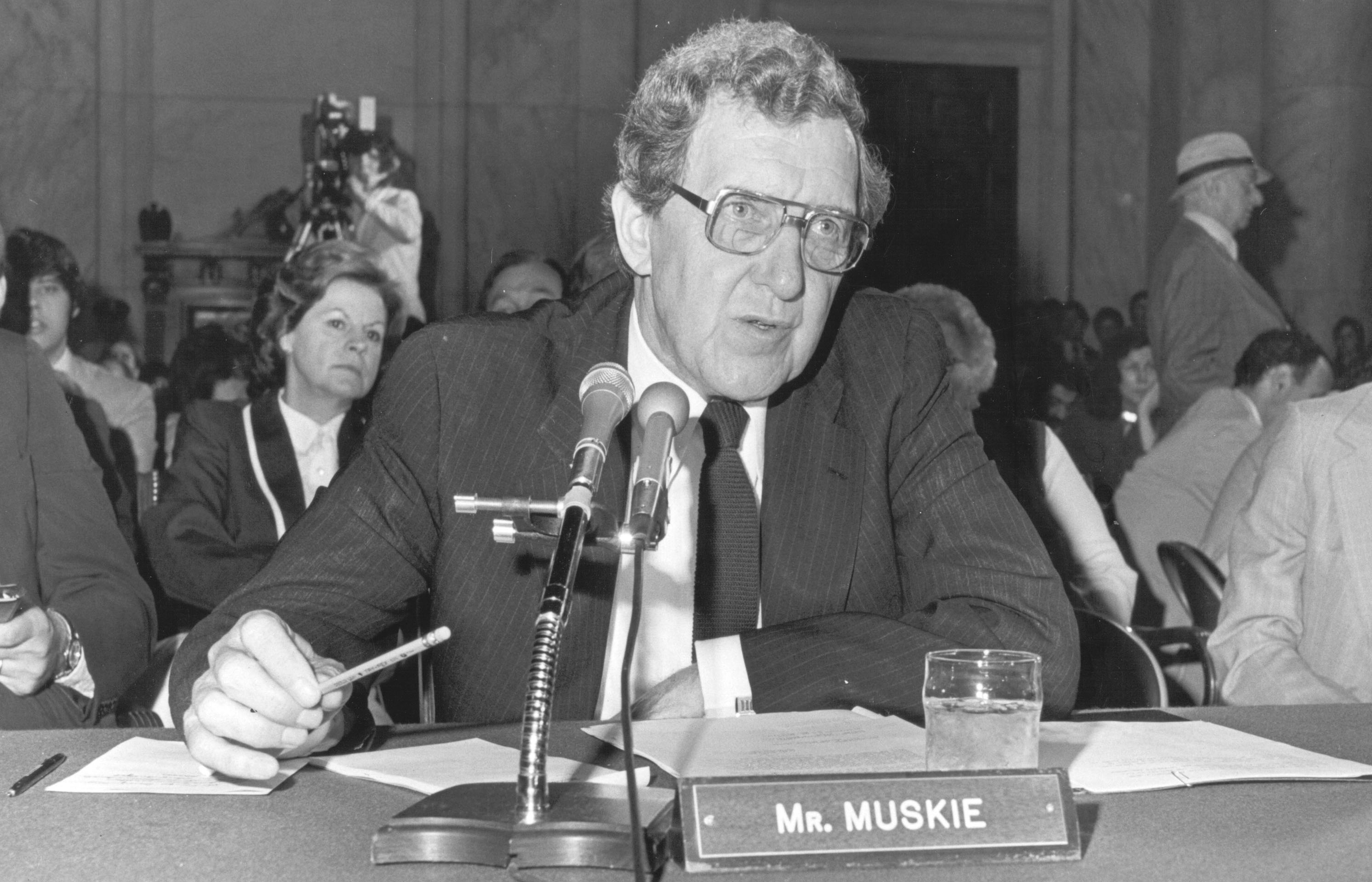
Edmund S. Muskie Oral History Collection
Document Type
Oral History
Publication Date
5-1-2000
Interview Number
MOH 186
Abstract
Ron M. Linton was born in Detroit, Michigan on May 7, 1929 and attended Michigan State University, which was then known as Michigan State College of Agriculture and Applied Science, where he graduated in 1951 with a bachelor’s degree in political science. After school, he started out as a freelance reporter for the United Press and then went into the service until 1954. He became the press secretary to the late U.S. Senator Blair Moody. Upon Moody’s death, Linton went to work for the G. Mennen Williams administration, back in Michigan, where he was the secretary of the Department of Workmen’s Compensation. He was also serving as the Democratic city chairman in Lansing, Michigan. A couple of years later he returned to journalism with the Courier Journal in Louisville, Kentucky. In 1959, he won a competition and was named a fellow of the American Political Science Association and moved to Washington, DC in November. He spent his first four months working for Rep. Carl Elliot of Alabama before going to work with the late U.S. Senator, Pat McNamara. In 1966, following the death of Senator McNamara, Linton left the committee and was hired by a think tank called Urban America where he worked with the Conference of Mayors to create the Urban Coalition. In 1967, he became the first coordinator of the National Urban Coalition. In 1968, he left to write a book and to set up a lobbying firm (of non-lawyers) called Linton, Meals, Riser, and Contoni while simultaneously being invited to work on Bobby’s Kennedy’s presidential campaign. Upon his assassination, Linton refocused on local politics in the District of Columbia. He is still chairman of the New York Avenue Development Corporation.
Use Restrictions
Copyright Bates College. This transcript is provided for individual Research Purposes Only; for all other uses, including publication, reproduction and quotation beyond fair use, permission must be obtained in writing from: The Edmund S. Muskie Archives and Special Collections Library, Bates College, 70 Campus Avenue, Lewiston, Maine 04240-6018.
Recommended Citation
Nicoll, Don, "Linton, Ron M. oral history interview" (2000). Edmund S. Muskie Oral History Collection. 222.
https://scarab.bates.edu/muskie_oh/222



Scope and Content Note
Interview includes discussions of: family background; pre-World War II Detroit; the Great Depression; Pat McNamara; McNamara’s leadership in the Public Works Committee and creation of the Subcommittees on Air and Water; Passamaquoddy Tidal Power Project bill; lobbyists in the 1960s compared with lobbyists today; films “Troubled Waters” and “Evil Winds”; Linton’s lobbying firm; and Linton’s perspective on Muskie’s potential as president.